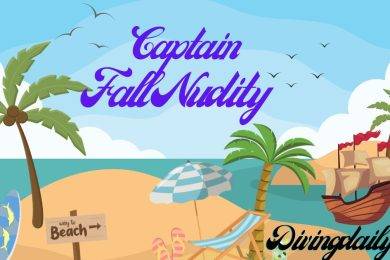I am not going to explain the miracle recipe to you. On the other hand, I will show you how to realistically estimate the time it will take you to reach your goal with English. Becoming bilingual takes many hours! When we start, we do not necessarily realize it, and we fall into the trap of vague objectives, too broad, to be reached too quickly.
Let us take a comparison: imagine that you have never touched a tennis ball, and that you are automatically registered, in three months, for a regional level competition, in which dozens of very experienced players participate. What would be your chances of reaching the podium? The feat would not be technically impossible, but you would still have a 99% chance of not passing the first round. We guess it here: giving yourself a goal that is beyond your reach is stressful, and increases the likelihood of failure.
Now let us take the example of tennis. You still have not hit a tennis ball, but you decide to learn. Thanks to a coach, you follow a program that sets you the goal, in three months, to know the rules of tennis, to know how to return the ball in forehand and backhand, and to serve. All while having fun with the other club members and having a good time, twice a week, on the court. You decide, why not; to register for a small friendly competition, at club level, to push yourself to progress, but not enough to turn it into stress.
Define a goal that is right for you, clear, precise and achievable
For example, on our English Basics for Beginners course, the objective for which we accompany you, with Ben, is that of “being able to have a simple conversation, in English, with a native English speaker”. You will be able to introduce yourself, talk about yourself, your family, tell a little story in the past, master the tenses of the present, ask for direction, etc.
I want to become bilingual” or “I want to speak fluently” are too vague objectives. On the other hand, “I want to be able to cope with the situations that I will be confronted with on my next trip to England” is a much more precise objective. You can build up a training plan or a list of topics to learn accordingly.
In addition, I invite you not to neglect the pleasure dimension of learning. For those who want to learn ESL free, the lessons and the work of English represent an effort, a difficulty. They want to be done with this as soon as possible.
Let us take a second comparison in the world of sport, with surfing. It is known that to make a good surfer it takes around 10 years of practice. On the other hand, surfers usually are hooked from day one. They enjoy this practice, and want to do it as often as possible. Indeed, it is not necessary to be a virtuoso surfer to appreciate this sport.
Well again, the parallel with learning English is interesting. Discovering a culture, watching movies, speaking in a new language, learning new ways of thinking and expressing yourself: all of this is exciting and fun. In addition, even if you are not “hooked”, there is stillroom to make learning more enjoyable.











